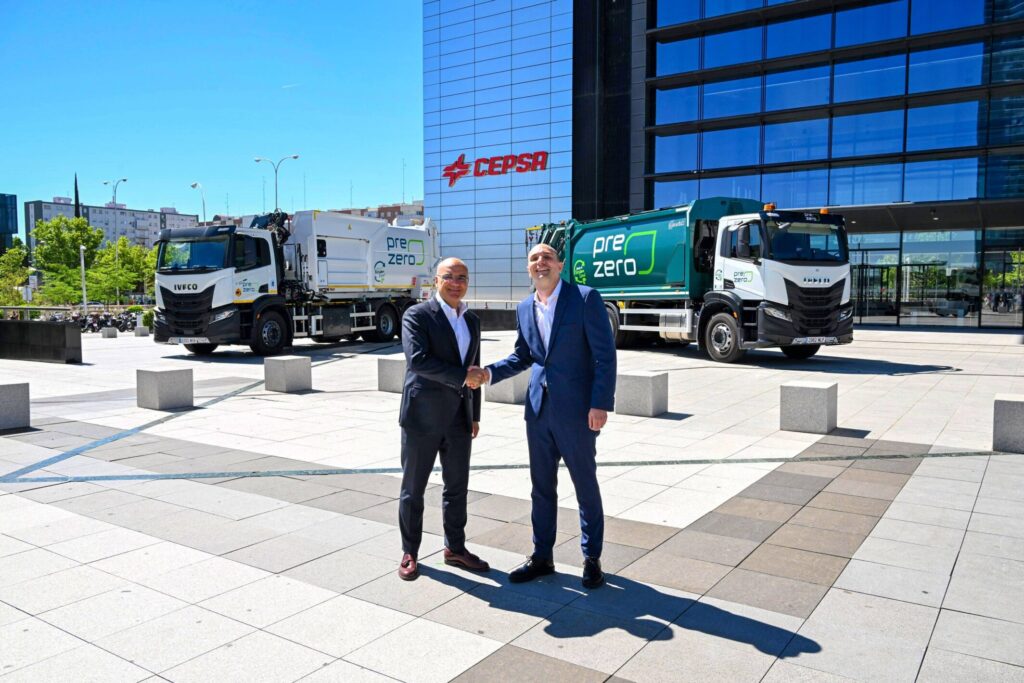Both companies are progressing in the development of a biomethane plant in Huelva, Spain. This facility, with an annual capacity of up to 100 GWh, will meet the heating needs of around 20,000 homes and produce green hydrogen and renewable fuels. It will be located at Cepsa’s energy park in Palos de la Frontera, where a 1 GW green hydrogen plant is also planned as part of the Andalusian Green Hydrogen Valley.
PreZero will supply Cepsa with biomethane on a preferential basis in strategic projects. Cepsa will also obtain biogenic CO2 from PreZero’s biomethane plants to produce synthetic fuels.
Additionally, PreZero will recover other organic waste and used cooking oils for Cepsa to produce second-generation biofuels, aiding in the decarbonization of sectors like heavy road, maritime, or air transport. PreZero will treat plastic waste, including single-use plastics, providing Cepsa with the raw material for circular chemical products. The companies will explore the development of pyrolysis plants to process non-recyclable plastic waste.
The partnership includes analyzing solutions to decarbonize PreZero Spain’s fleet of over 750 vehicles.
Carlos Barrasa, Executive Vice President of Commercial & Clean Energies at Cepsa, commented: “This alliance with PreZero will expand access to circular raw materials for producing alternative energies, facilitating the energy transition with green hydrogen and second-generation biofuels. Together, we will develop sustainable waste processing alternatives, promoting a circular and decarbonized economy.”
Gonzalo Cañete, CEO of PreZero in Spain and Portugal, stated: “This agreement highlights the potential in Spain for developing biomethane as a renewable natural gas, and aligns with EU circular economy and decarbonization goals. Enhanced cooperation between private companies is crucial for this endeavor.”
Cepsa’s 2030 strategy, “Positive Motion,” aims to accelerate decarbonization through the production of green molecules like renewable hydrogen and second-generation biofuels, including biomethane and renewable diesel.
PreZero Spain aims for carbon neutrality by 2050, focusing on reducing greenhouse gas emissions in its operations. The company’s sustainability strategy involves using recycled raw materials, producing green energy, optimizing waste collection routes, and implementing energy efficiency measures.
Original Story at www.offshore-energy.biz
